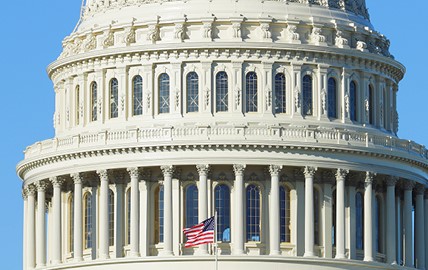After months of negotiations, on
December 19 Congress passed a spending agreement to fund the government for
fiscal year 2020. As a part of this package, Congress extended funding for a
number of expiring healthcare-related provisions, including preventing Medicaid
DSH cuts, the Health Profession Opportunity Grants (HPOG) demonstration, the
Community Health Centers Fund, the Teaching Health Center Graduate Medical
Education program, and the Special Diabetes Program, among others. These health
extenders, as they are called, will expire on May 22, setting a deadline for
Congress to take action again on the various measures.
Congress also plans to use the
health extenders as a vehicle to move legislation on surprise billing and
prescription drug pricing, two hot-button health policy issues carrying over
from 2019. Within the next two weeks, the House Committee on Ways and Means
plans to join the conversation by releasing its own surprise billing
legislation. In spite of multiple legislative proposals on surprise billing and
drug pricing last year – the highest profile of which was Nancy Pelosi’s H.R. 3 –
partisan disputes and a lack of consensus on the best path forward have thus
far prevented Congress from taking any meaningful action on either issue. With
voters consistently citing health care as their number
one concern, legislators will be feeling the pressure during this election
year to pass surprise billing and drug pricing legislation.
In other health care related news, Representative Cindy Axne
(D-IA-3rd) is finalizing her legislation to protect hospitals in
rural areas. Working closely with UnityPoint Health, she is developing a bill
to allow more hospitals to seek designation as Critical Access Hospitals (CAH), offer
struggling hospitals more options to stay open and provide services, improve
telehealth services in rural areas, and provide resources to hospitals to
modernize their infrastructure. UnityPoint Health continues to work closely
with Representative Axne, as well as Iowa Senators Grassley
and Ernst, on proposals to protect rural
health care.


